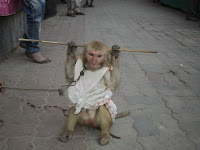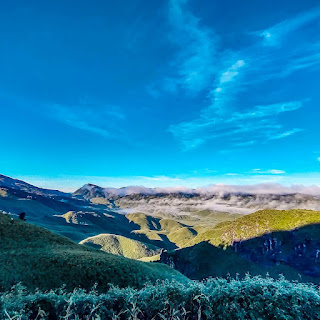Persistent inflation, coupled with weak demand in major export markets, can further strain the Bangladeshi economy.
Adverse fallout on economy and commerce as under Yunus the Dhaka-New Delhi relations nosedived.
For Bangladesh, the pressures include challenges to its export-oriented economy, especially in the garment sector, and potential financial sector vulnerabilities
The ready-made garments industry was a major driver of growth for Bangladesh.
Pressure is growing on Bangladesh’s economy, with the World Bank projecting GDP growth in FY25 dropping to 3.3 per cent—the lowest in two decades.
Shortages in fuel supply relative to demand and limited bank financing are bringing uncertainty to the industrial sector.
According to experts, north eastern states especially Assam and Tripura have benefited in the past when India's relations with Bangladesh were very cordial.
Educationist Ashish Nath of Tripura University says it would have been wise to keep cordial relations between two countries. Adequate steps ought to be taken to position Tripura as an effective Gateway for trade and commerce. But things often do not go the manner people may want.
India's new import rules (in 2025) sharply limit Bangladesh's access through Northeast land ports, forcing key goods onto restricted sea routes. The move comes after Bangladesh imposed similar restrictions on Indian goods.
Ajay Srivastava, founder of the Global Trade Research Initiative (GTRI), said Bangladesh’s restrictive trade policies are not only straining bilateral ties, but also undermining its own economic interests.
India’s decision has affected over $770 million worth of imports, roughly about 42% of all goods shipped from Bangladesh. Ready-made garments alone made up $660 million last year. Those will now only be allowed through Kolkata and Nhava Sheva ports, effectively shutting land routes via the Northeast.
Prof Nath says -- "Facilitating trade and investment relations with Bangladesh -- with whom Tripura shares a vast border, would certainly accelerate the economic growth".
He further adds that when the going was good -- "People from Tripura as well as Bangladesh never considered things as pure commerce. There have been lot of emotion and brotherhood. The unaccounted support received by Bangladesh Mukti Vahni from Tripura was unique".
Hence this school of thought laments that the potentials were not used and this was only 'detrimental' to people from both sides. They point out that Tripura is surrounded by Bangladesh from three sides covering as high as 84 per cent of total border areas.








No comments:
Post a Comment